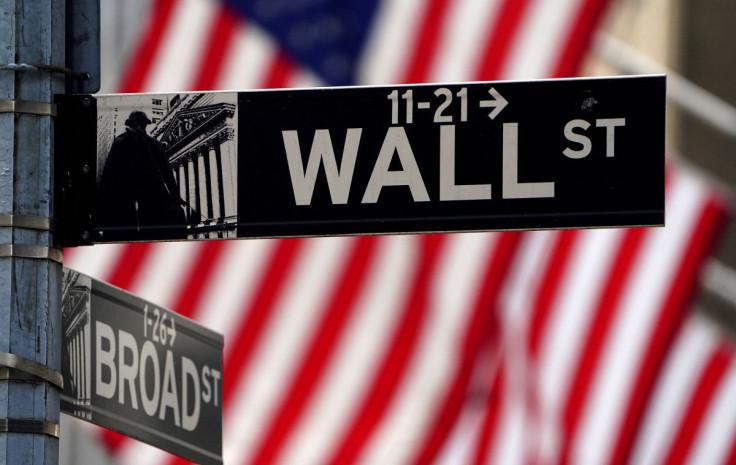S&P 500, Dow Slip As Recession Fears Mount

The S&P 500 and the Dow fell on Tuesday, with investors fretting about the possibility of a recession as central banks across the world take aggressive actions to stem a surge in inflation.
U.S. stocks have been under relentless selling pressure this year, with the benchmark S&P 500 index recording its steepest first-half percentage drop since 1970, as the Federal Reserve moves away from easy-money policy by raising borrowing costs.
Investors are now waiting for minutes from the Fed's meeting in June on Wednesday as they brace for another 75-basis-point rate hike at the end of the month.
Traders are also keeping a watch on economic data, including a U.S. payrolls report expected on Friday, and company commentaries for signs of peaking inflation and cooling economic growth, as regular trading commenced after a long weekend and with the earnings season around the corner.
"Recession concerns are dominating the market," said Sam Stovall, chief investment strategist at CFRA.
"The real question is if the economy is slowing, then by how much will second-quarter earnings or guidance disappoint. People are waiting until they get some news that could serve as a catalyst."
Data showed new orders for U.S.-manufactured goods increased more than expected in May, showing demand for products remains strong even as the Fed seeks to cool the economy.
Separately, business growth across the euro zone slowed further in June and European natural gas prices surged again, reigniting worries of a recession in the bloc.
"Earnings projections were being artificially held up. Over the next two weeks, everyone is going to start lowering estimates and we expect to see a significant amount of volatility," said Dan Genter, chief executive of Genter Capital Management.
Benchmark U.S. Treasury yields tumbled on Tuesday and a key part of the yield curve inverted for the first time in three weeks as economic growth concerns dented risk appetite and increased demand for the safe haven U.S. debt.
Bank stocks, which are sensitive to economic outlook, tumbled. The S&P 500 banks index dropped 2.1%, more than the financial sector's 1.9% fall.
Energy stocks hit five-month lows as recession fears darkened the outlook for oil demand. The materials sector was at a near 1-1/5-year low as a slump in metal prices hit mining shares. [O/R] [MET/L]
At 12:23 p.m. ET, the Dow Jones Industrial Average was down 492.96 points, or 1.59%, at 30,604.30, the S&P 500 was down 45.90 points, or 1.20%, at 3,779.43.
The Nasdaq Composite was up 10.47 points, or 0.09%, at 11,138.31, paring early losses.
Shares of Warner Bros Discovery Inc dropped 1.5% after reports of the media and streaming firm's unit, HBO Max, halting production of original shows in Europe.
Declining issues outnumbered advancers for a 2.97-to-1 ratio on the NYSE and a 1.31-to-1 ratio on the Nasdaq.
The S&P index recorded one new 52-week high and 51 new lows, while the Nasdaq recorded 10 new highs and 280 new lows.
© Copyright Thomson Reuters {{Year}}. All rights reserved.





















